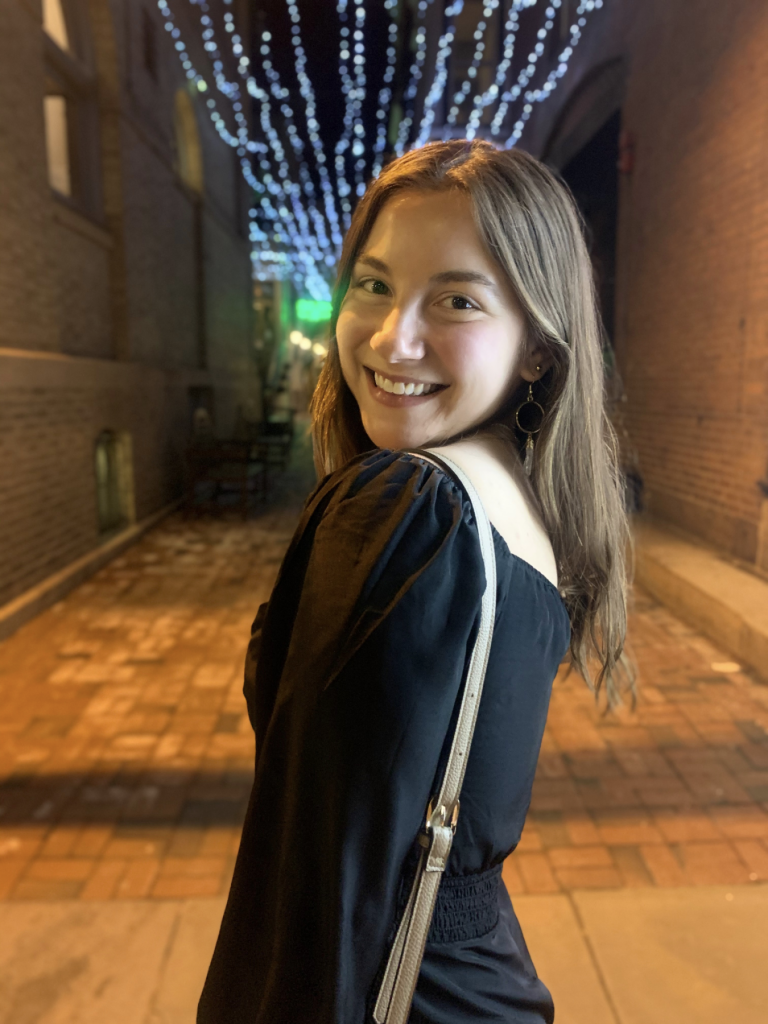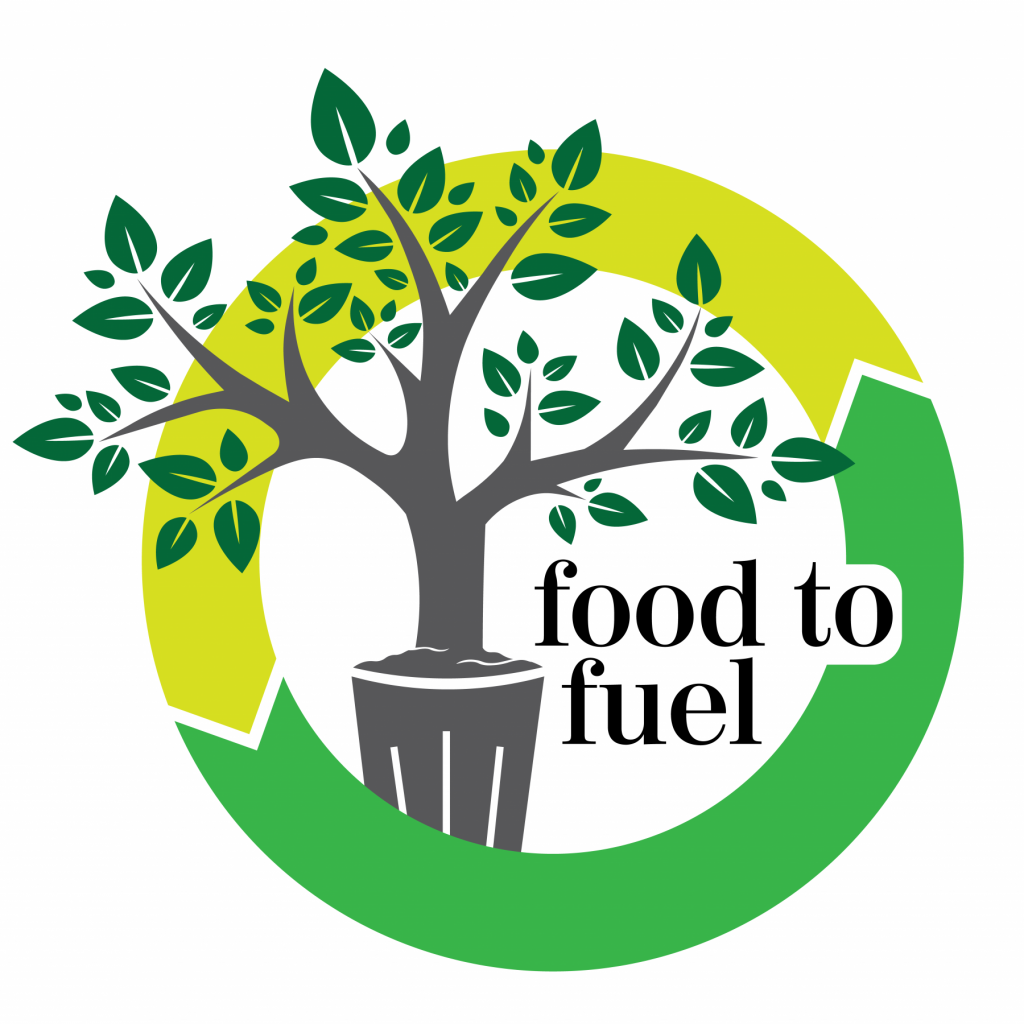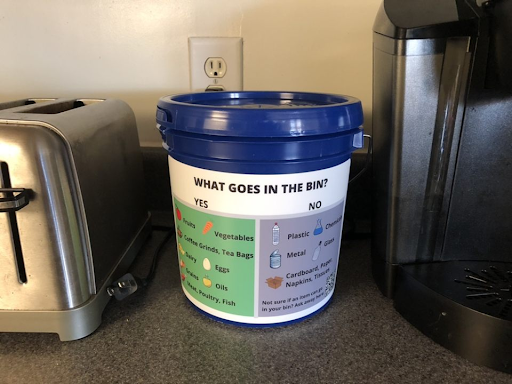Shining light on the advocacy and sustainability work of young environmental leaders working to make their communities safer and cleaner. As part of our commitment to youth engagement and equity, we are holding an ongoing series of interviews with individuals and sharing their stories to spread awareness.

It is estimated that 40% of the U.S. food supply is wasted every year. The environmental and social effects of food waste are significant due to greenhouse gas emissions, landfill space, inefficient uses of energy, and loss of nutrition. Rebecca Feldman, who is a recent Civil Engineering graduate from the University of Connecticut, recognized that food waste was a serious problem on all college campuses. In her junior year, Rebecca moved to UConn Hilltop Apartments, which are on-campus apartments, and realized that there was no composting program for students. “Growing up, my family always composted. This was my first time living on my own, where I was not composting” said Rebecca. Students would dispose of their food waste in the trash can, and there were no opportunities for composting. This led Rebecca Feldman to create Food-To-Fuel, which allowed students to collect their food waste, and have it turned into energy via an anaerobic digester.

Rebecca received a UConn Co-Op Legacy Fellowship Change Grant, which allowed her to develop the Food-To-Fuel program and expand composting efforts to Hilltop Apartments. “In college, we pick up habits that remain with us for the rest of our lives. I thought it would be great if students could make composting a habit for the rest of their lives.” Rebecca had to design the program, so that it was accommodating for busy students. With the grant from UConn, Rebecca was able to purchase one-gallon composting bins for students to use, create gift card raffles for participants, and design educational materials about food waste and composting. In order to better communicate about foods that could be composted, Rebecca started a GroupMe chat for students to be able to discuss what they were composting. The composting bins would be collected at a central location at Hilltop Apartments, and then the food waste would be sent to an anaerobic digester to be turned into fuel. Additionally, the composting bins were dishwasher safe, so it would be a clean process.

In just one year, the Food-To-Fuel program at Hilltop Apartments grew to over 50 students who volunteered to compost. The program remained popular despite the COVID-19 pandemic. Rebecca graduated in May 2021, but UConn plans to continue the Food-To-Fuel program. Through the UConn Office of Sustainability, the program will continue to operate at Hilltop Apartments, and will hopefully be expanded to additional apartments on-campus and off-campus. Rebecca stated that UConn has given the program tremendous support, whether it be from residential life and dining services who helped start the program, or the Office of Sustainability who is planning proactively for the continuation of Food-to-Fuel. For the project, Rebecca had to find a mentor to assist with the development of the project: “My grant mentors are Melissa Berkey, who is in the Office of Undergraduate Research, and Julia Cartabiano, Farm Manager of Spring Valley Student Farm. Both were extremely supportive and helpful throughout the process”
An extremely important part of the Food-To-Fuel program was the chance to educate students about food waste. Rebecca created posters and communication materials that explained food waste on UConn’s campus and throughout the United States. She was able to teach students about food insecurity, the environmental effects, and their ability to make a difference. “I think the Food-to-Fuel program gives each student the opportunity to have an impact. We all went to college to find a purpose, but composting lets us have an important impact every day.”
